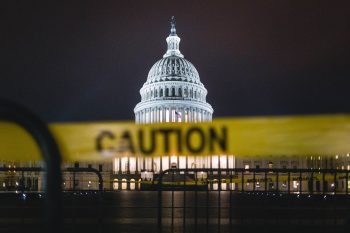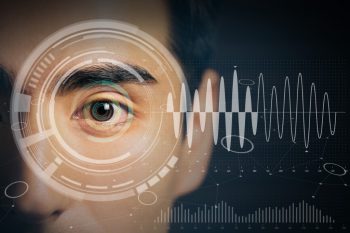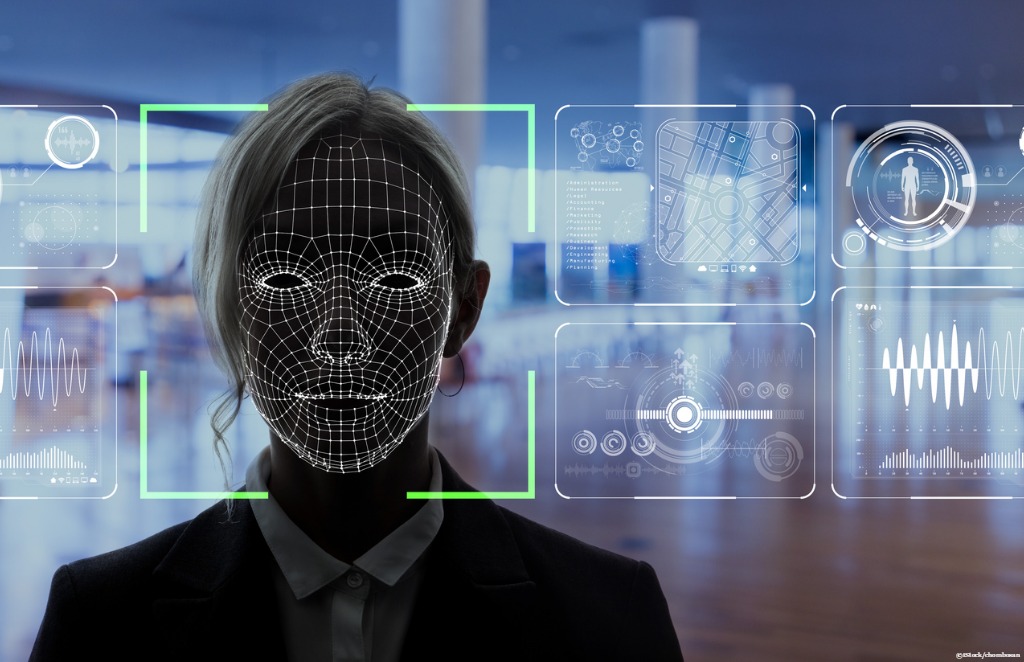Police use of Clearview AI’s facial recognition increased 26% after Capitol raid
Clearview AI reports that police use of the company’s highly-controversial facial recognition system jumped 26 percent following the raid on the Capitol.
The facial recognition system relies on scraping the data of people from across the web without their explicit consent, a practice which has naturally raised some eyebrows—including the ACLU’s which called it a “nightmare scenario” for privacy.
Around three billion images are said to have been scraped for...










